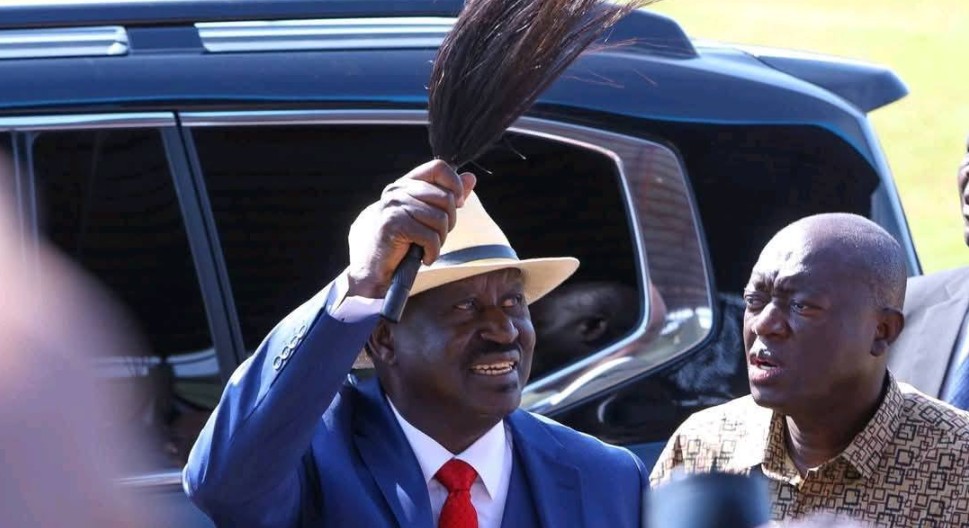United Democratic Alliance (UDA) National Organising Secretary Vincent Kawaya has cautioned ODM leader Raila Odinga against pushing for the transfer of the National Government Constituencies Development Fund (NG-CDF) to county governments.
Speaking in Kabati, Kitui West constituency, during a Boda Boda empowerment event, Kawaya, who is also the Mwala MP, said any attempt to tamper with the management of NG-CDF would trigger resistance from lawmakers and ordinary Kenyans who rely on it.
“I am persuaded to correct Raila. We are going to work with him to form the next government, but he needs to draw the boundary. Keep off NG-CDF,” Kawaya said, noting that the fund remains one of the most impactful instruments of grassroots development.
The MP dismissed suggestions that the fund should be merged with county allocations, arguing that governors already manage billions of shillings, yet results remain questionable. “A governor will have Sh15 billion, and it has not been demonstrated to work effectively. What difference will this Sh100 million do?” he posed.
Kawaya stressed that NG-CDF has been central to education support across constituencies, funding classroom construction, bursaries, and school infrastructure improvements. He also pointed out that the National Dialogue Committee (NADCO) report which Raila helped shape recommended entrenching NG-CDF in the Constitution, further underscoring its importance.
“One of the key players in the NADCO report is ODM leader Raila Odinga. We are in agreement that we must work together and unite the country, but we are in disagreement over the future of NG-CDF,” he added.
Kawaya’s remarks come as debate rages within ODM ranks, with several MPs allied to Raila distancing themselves from his position. Kitutu Masaba MP Clive Ombane Gisairo urged caution, warning Raila’s advisers not to place him in a politically difficult spot.
“Those around our party leader should exercise caution so that he is not put in a difficult political position,” Gisairo said.
The NG-CDF, which allocates at least Sh100 million annually to each constituency, has for years been credited with addressing local development needs, especially in education, and remains a politically sensitive tool for MPs across the divide.

